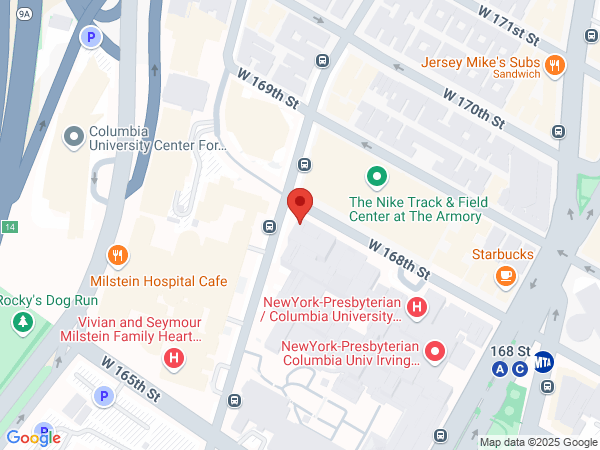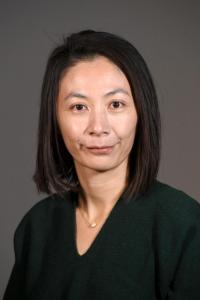Cheng Lab

Location and Contact Information
Principal Investigator
Nutritional perception in stem-cell fate decision and tissue regeneration
Adaptation to dietary changes profoundly influenced human evolution and continues to impact our modern lives in health and diseases. After embryonic development, tissue-resident adult stem and progenitor cells remain the capacity to adjust their regenerative activity in response to diets and nutritional states to maintain tissue homeostasis. Such adaptation must rely on the systemic mediators integrating the inter-organ crosstalk to coordinate whole-body metabolism and the intracellular signaling machinery converting the nutritional messages into the transcriptional regulatory actions to determine the stem cell fate.
Our research focuses on the interface of nutritional and transcriptional regulatory networks. We study how adult stem and progenitor cells perceive the nutritional states and fine-tune their lineage decisions in tissue regeneration and disease development processes. Our goal is to illustrate the conversion from the nutritional perception to cell fate decisions at the single-cell level, in the hope of inspiring new therapeutic strategies. Towards this end, we use genetic mouse models, organoid systems, and transplantation experiments to identify and characterize the endocrinal and metabolic cell-fate determinants in the contexts of tissue homeostasis and adaptation to diet. Current projects investigate the therapeutic potential of signaling metabolites in treating cancer, diabetes, and age-related degenerative diseases.
Select Publications
Ho J, Puoplo N, Pokharel N, Hirdaramani A, Hanyaloglu AC, Cheng CW. Nutrigenomic underpinnings of intestinal stem cells in inflammatory bowel disease and colorectal cancer development. Front Genet. 2024 Aug 30;15:1349717. PMID: 39280096; PMCID: PMC11393785.
Imada S, Khawaled S, Shin H, Meckelmann SW, Whittaker CA, Corrêa RO, Alquati C, Lu Y, Tie G, Pradhan D, Calibasi-Kocal G, Nascentes Melo LM, Allies G, Rösler J, Wittenhofer P, Krystkiewicz J, Schmitz OJ, Roper J, Vinolo MAR, Ricciardiello L, Lien EC, Vander Heiden MG, Shivdasani RA, Cheng CW, Tasdogan A*, Yilmaz ÖH*. Short-term post-fast refeeding enhances intestinal stemness via polyamines. Nature. 2024 Sep;633(8031):895-904. Epub 2024 Aug 21. PMID: 39169180.

